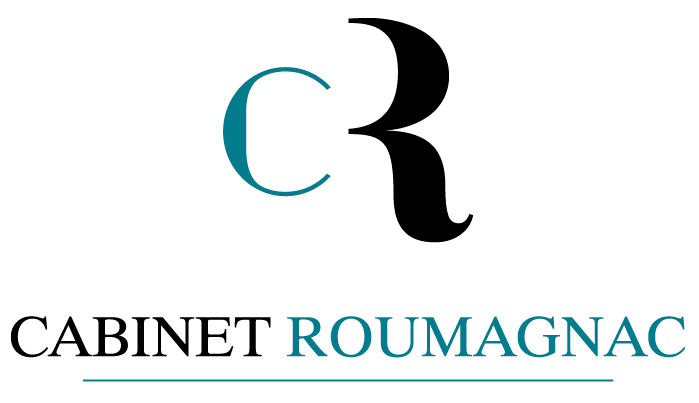SUPPORT FOR SPORTSMEN AND WOMEN SUPPORT FOR ARTISTS AND DIGITAL ART
CABINET ROUMAGNAC law firm is established in the city of Toulouse - sports and cultural capital, cradle of French rugby. The enhancement and promotion of art and sport to the wider public being strong values of our law firm, Patrick Roumagnac places his experience at the disposal of sportsmen and artists to assist them in their activities.
CABINET ROUMAGNAC provides assistance to its clients embracing an artistic or sports career in all the tax issues arising from their activities. Our team assists them in various matters related to salaries, bonuses, allowances, commissions, intellectual and artistic property rights.
CABINET ROUMAGNAC provides its expertise to sportsmen and artists regarding the declaration, optimisation and control of income tax, corporate tax, real estate wealth tax (IFI), value added tax (VAT), etc.
Our team assists its clients in litigation, negotiations or transactions with the administration in case of tax sanctions. CABINET ROUMAGNAC also represents sportsmen and artists before all competent jurisdictions (tax authorities, Administrative Court, Administrative Court of Appeal, etc.) in the context of a tax audit, controversial rectification procedures, tax litigation procedures, etc.
Support for sportsmen and women (sport and e-sport) and artists (physical and digital artistic creations)
- Assistance in the legal and Fiscal Assets Management
- Creation of legal structures with the aim of optimising and inheritance of assets
- Support, representation and negotiation with the tax authorities
- Assistance contracts
- Business development contracts
- Partnership contracts
- Assistance in negotiating contracts with clubs
- Protection of the Image Rights
- Protection of trademark and other rights on derivative products
- Protection of copyright
- Licensing agreements
NFT and DIGITAL ART
What are NFTs?
The abbreviation NFT stands for Non Fungible Token, which means non-interchangeable or unique. The TOKEN / TOKEN is an intangible asset representing in digital form one or more rights that may be issued, registered, transferred through a digital recording process, allowing the owner of the right to be identified directly or indirectly.
Are NFTs digital works of art or digital cultural works?
Given that a work of art is defined as "a representation of the mind, which is original and tangible" and that it confers the automatic right to copyright, it seems important to know whether the digital work can be considered as a work of art since it is not tangible and is not always a representation of the human mind. Indeed, more and more NFTs are created by computers and not by human beings. Thus, NFTs do not meet the current definition in French law of a digital work of art or a digital cultural work. Moreover, the evolution of the law in this area varies from country to country.
What rights are conferred or transferred by the purchase or sale of NFT? For any digital player, it is essential to understand the difference between "author" and "issuer" of NFTs in order to be able to identify any property rights (right to sell, represent, adapt, publish, rent, lend, etc.) or licence rights which might be granted.
The purchase of an NFT confers a right of ownership on a certificate of authenticity of the registration code, i.e. it attests to the authorship and integrity of the code without automatic or even compulsory transmission of Intellectual Property Rights on the work.
Consequently, the importance of the "smart contract" (mint) and its content with regard to the rights listed and the subsequent rights are essential both for the artist and for future purchasers.
There are many abuses:
- Misleading advertising of potential gains
- knowingly omitting information on the intellectual property rights transferred
- Limiting liability clauses on the information or services provided
On the one hand, NFTs might be qualified as digital assets. In this case, depending on the legislation of each country, they could be taxed in the same way as shares or dividends. On the other hand, if NFTs are qualified as intangible assets, in this case the tax impact is different due to the threshold above which income from NFTs is taxable and due to the more specific percentages of taxation of the capital gain.
Given the novelty and legal complexity of this context, CABINET ROUMAGNAC assists the artist who created a physical or digital work, as well as any art buyer or investor, in order to protect their legal rights at best. Indeed, our team provides assistance in Digital Law, Industrial and Artistic Property Law as well as in Tax Law in order to secure digital transaction conditions and contracts.


